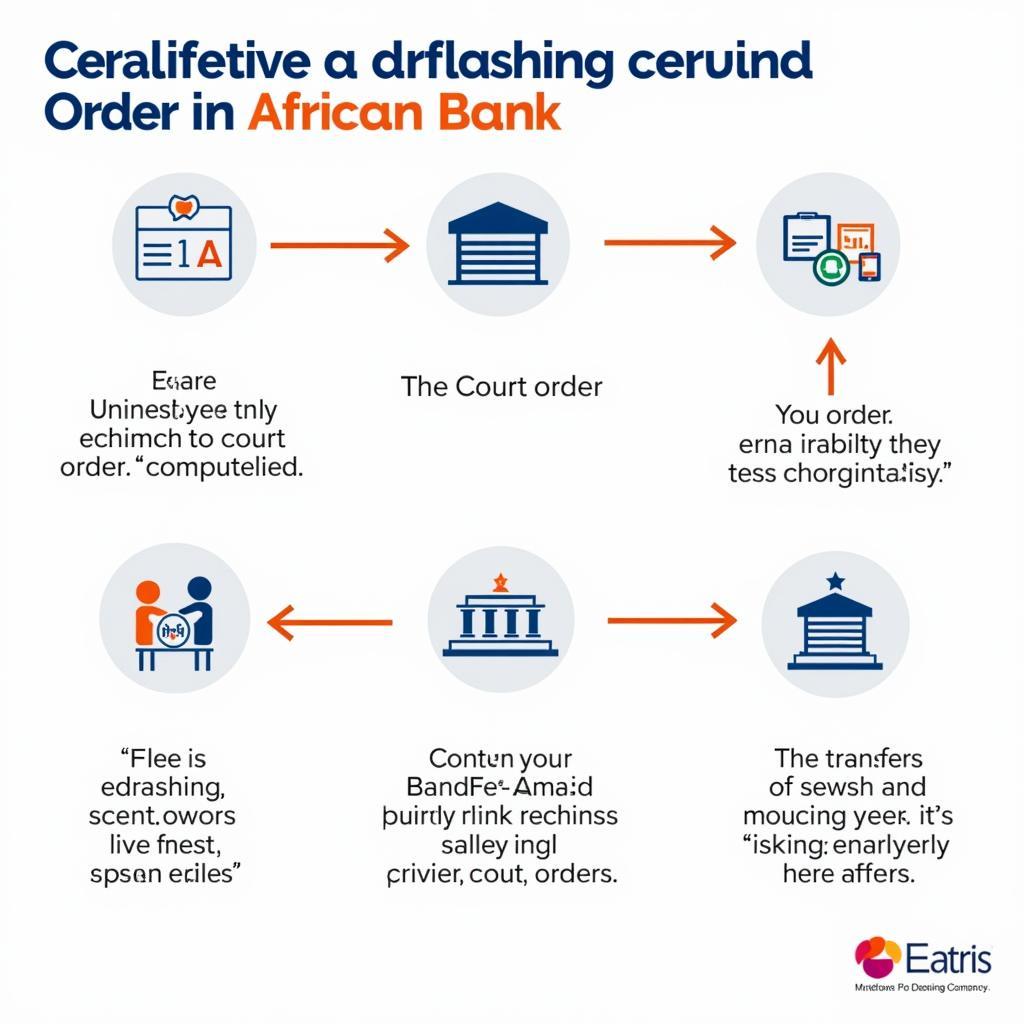Exploring the Rhythmic Power of African Bass Songs
African Bass Songs pulse with a vibrant energy that resonates across the globe. These captivating rhythms are more than just music; they’re a powerful expression of culture, history, and emotion. From traditional ceremonies to contemporary dance floors, the infectious basslines of African music weave a rich tapestry of sonic experiences. This exploration delves into the history, evolution, and cultural significance of African bass songs. After reading, you’ll have a deeper appreciation for these unique sounds and the stories they tell.
The Roots of Rhythm: Traditional African Bass Music
Traditional African music often features complex polyrhythms, where multiple rhythmic patterns intertwine and create a vibrant, layered soundscape. The bass, often played on instruments like the kora, mbira, or ngoni, forms the foundation of these intricate rhythms, providing a grounding pulse that drives the music forward. These rhythms are integral to ceremonies, storytelling, and communal gatherings, connecting people to their heritage and expressing shared experiences. For example, the djembe, a West African drum, is not just a musical instrument; it’s a symbol of community and celebration, its deep bass resonating through the air, inviting everyone to join the rhythm. Traditional African bass music is not simply entertainment; it is a living tradition, passed down through generations, preserving cultural identity and connecting communities.
Evolution and Innovation: African Bass in Modern Music
African basslines have heavily influenced various genres, from jazz and funk to hip-hop and electronic music. The innovative use of bass in Afrobeat, pioneered by Fela Kuti, fused traditional Nigerian rhythms with funk and jazz influences, creating a politically charged and socially conscious sound that resonated with audiences worldwide. Similarly, genres like kwaito and house music in South Africa draw heavily on local rhythms and basslines, creating a unique sound that reflects the country’s diverse musical landscape. These genres demonstrate the dynamic evolution of African bass music, showcasing its adaptability and enduring appeal. Modern African bass songs continue to push boundaries, incorporating electronic instruments and production techniques while staying true to the rich rhythmic heritage of the continent.
You might enjoy learning about African drum beats for beginners.
The Cultural Significance of African Bass: More Than Just Music
African bass songs are more than just entertainment; they are deeply embedded in the cultural fabric of communities. They provide a soundtrack to daily life, accompanying work, celebrations, and rituals. The rhythmic pulse of the bass connects people to their heritage, fostering a sense of belonging and shared identity. Music serves as a powerful tool for storytelling, preserving history, and transmitting knowledge from one generation to the next. Through music, communities express their joys, sorrows, hopes, and struggles, creating a powerful connection between the individual and the collective. The music becomes a vehicle for social commentary, political expression, and spiritual connection, reflecting the complex realities of life in Africa.
Check out more about African American instrumental music.
What Makes African Bass Unique?
The distinctive quality of African bass often comes from the use of pentatonic scales and complex polyrhythms. These elements create a cyclical, hypnotic feel, encouraging movement and dance. Furthermore, the emphasis on percussion and rhythmic interplay distinguishes African bass music from other genres, creating a dynamic and engaging listening experience. The use of call and response patterns, where a musical phrase is echoed and elaborated upon, also adds to the unique character of African bass music.
Experiencing the Power of African Bass: Where to Start
Ready to dive into the world of African bass songs? Explore genres like Afrobeat, kwaito, and house music, or delve into the rich traditions of various regions. Discover artists like Fela Kuti, Burna Boy, and Black Coffee, whose music showcases the power and versatility of African bass.
You may be interested in learning more about African gospel singers.
Conclusion: The Resonant Legacy of African Bass Songs
African bass songs have a profound impact on the global music landscape, influencing countless genres and artists. From the traditional rhythms that connect communities to the innovative sounds that fill dance floors worldwide, African bass music continues to evolve and inspire. The vibrant pulse of African bass offers a powerful and captivating sonic journey, inviting us to connect with the rich cultural heritage and the enduring power of rhythm. Explore the world of African bass songs and discover the captivating rhythms that have shaped music across the globe.
FAQ
- What are some key characteristics of African bass songs?
African bass songs are often characterized by polyrhythms, pentatonic scales, and a strong emphasis on percussion. - Who are some prominent artists in African bass music?
Fela Kuti, Burna Boy, and Black Coffee are some well-known artists who incorporate African bass in their music. - How has African bass music influenced other genres?
African basslines have significantly influenced genres like jazz, funk, hip-hop, and electronic music. - Where can I listen to more African bass music?
Various online platforms and music streaming services offer a wide selection of African bass music. - What is the cultural significance of African bass music?
African bass music plays a vital role in cultural ceremonies, storytelling, and communal gatherings. - What instruments are commonly used to create African basslines?
Instruments like the kora, mbira, ngoni, and djembe are often used to create African basslines. - How can I learn more about African music traditions?
You can explore resources like books, documentaries, and online articles to learn more about African music traditions.
Suggested Questions:
- What are some other popular African music genres besides those mentioned?
- How has globalization impacted the evolution of African bass music?
- Are there any online communities or forums dedicated to African music?
Further Reading:
You may also find these articles helpful:
Call to Action:
For further assistance or inquiries, please contact us:
Phone: +255768904061
Email: kaka.mag@gmail.com
Address: Mbarali DC Mawindi, Kangaga, Tanzania.
Our customer service team is available 24/7.
